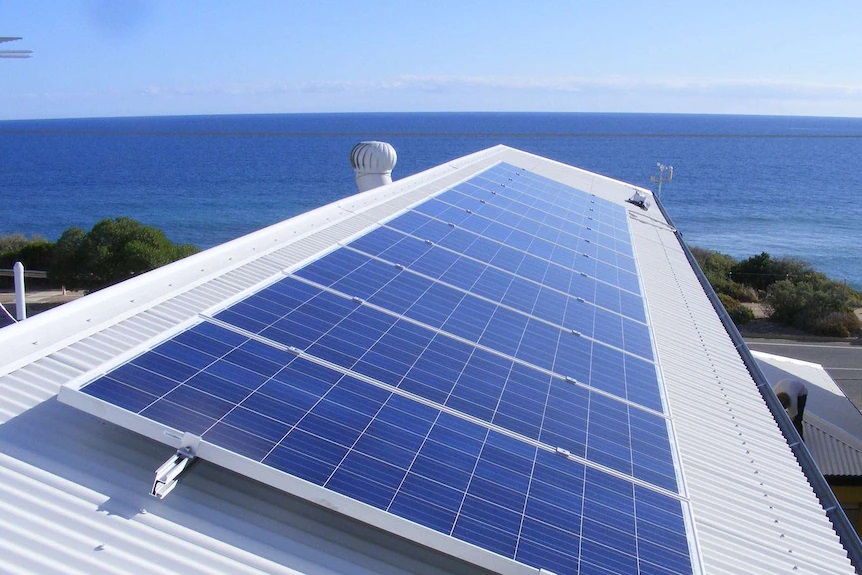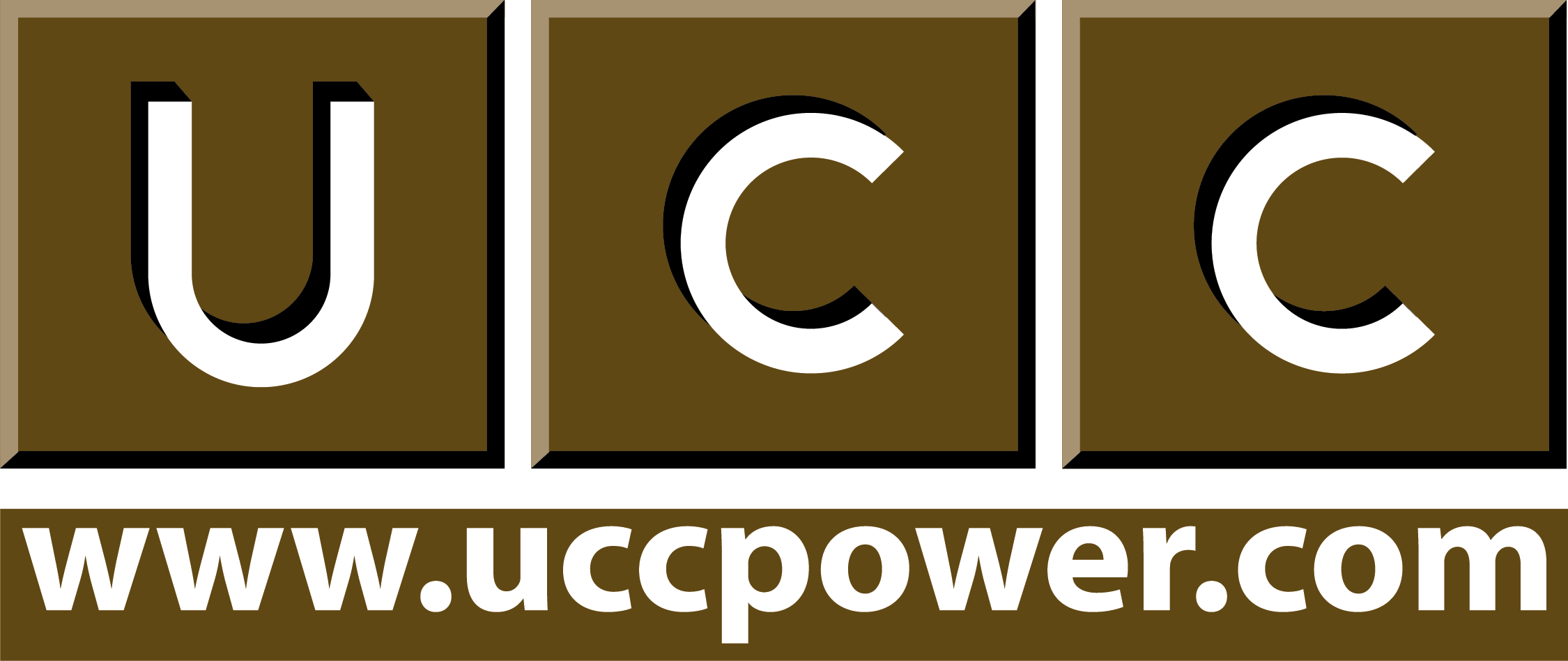
Rooftop solar?
Rooftop solar refers to the installation of solar panels on the rooftops of buildings, typically homes or commercial structures, to harness solar energy and convert it into electricity. These solar panels, also known as photovoltaic (PV) panels, are designed to capture sunlight and convert it into direct current (DC) electricity through the photovoltaic effect.
Rooftop solar systems consist of multiple solar panels interconnected to form an array. These panels are usually made up of semiconductor materials, such as silicon, which can generate an electric current when exposed to sunlight. The generated DC electricity is then converted into alternating current (AC) electricity using an inverter, which makes it compatible with the electrical grid or for direct use within the building.
The electricity produced by rooftop solar systems can be used to power the building’s appliances, lighting, and other electrical devices. If the solar panels generate more electricity than what is immediately consumed, the surplus power can be fed back into the electrical grid through a process called net metering. In such cases, the excess electricity is credited to the owner’s utility bill or may even result in compensation from the utility company.
Key features of a successful solar EPC company
Expertise and experience in solar power projects
A reputable solar EPC company should have a team of professionals with technical expertise and experience in designing, installing, and maintaining solar power systems. They should have a strong track record of successful project execution
In-house engineering and design capabilities
The company should have in-house engineering and design capabilities to develop efficient and customized solar power solutions for various types of projects, including residential, commercial, and utility-scale installations.
Adherence to quality assurance and industry standards
The company should adhere to stringent quality assurance processes and industry standards to ensure that the solar systems are reliable, safe, and meet or exceed performance expectations.
Robust procurement and supply chain management
A solar EPC company should have a robust network of suppliers and efficient procurement processes to source high-quality solar equipment at competitive prices. Effective supply chain management is crucial to ensure timely delivery and cost-effective project execution.
Strong project management and execution skills
Strong project management skills are essential to successfully execute solar projects. The company should have a well-defined project management approach, including scheduling, resource allocation, and risk management, to ensure projects are completed on time and within budget.
Financial stability and credibility
Financial stability is vital for a solar EPC company as solar projects can require significant upfront investments. A financially sound company is better equipped to handle large-scale projects and provide warranty support.
Maintenance and operations services
A comprehensive solar EPC company often offers post-installation services such as operations and maintenance (O&M). These services ensure optimal performance, regular inspections, troubleshooting, and system upgrades if required.
Knowledge of incentives and regulations
A good solar EPC company should stay updated with the latest incentives, regulations, and policies related to solar energy in the regions where they operate. This knowledge helps clients maximize financial benefits and comply with relevant guidelines.
Environmental and social responsibility
Many clients value sustainability and environmental responsibility. A solar EPC company that demonstrates a commitment to environmental conservation, ethical practices, and community engagement may have a competitive advantage.


